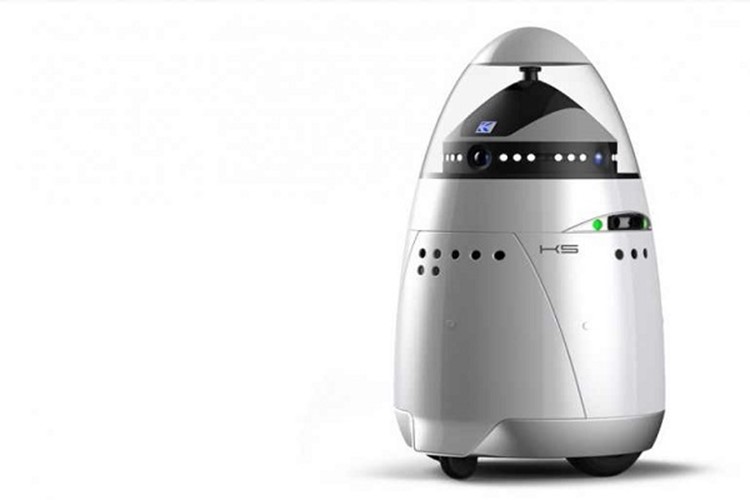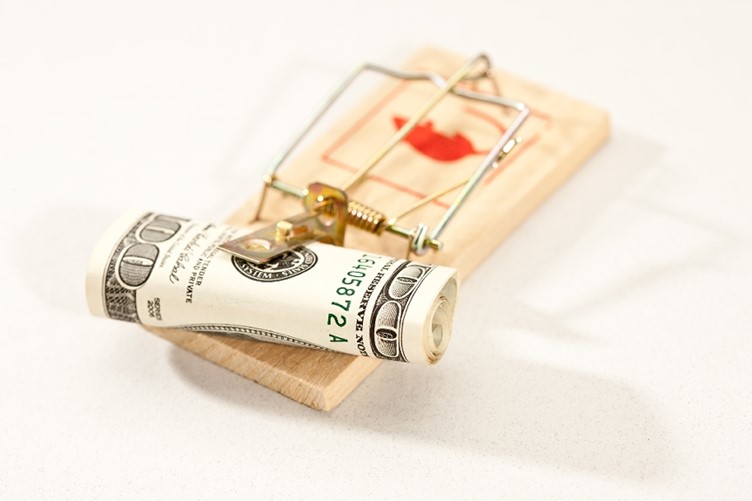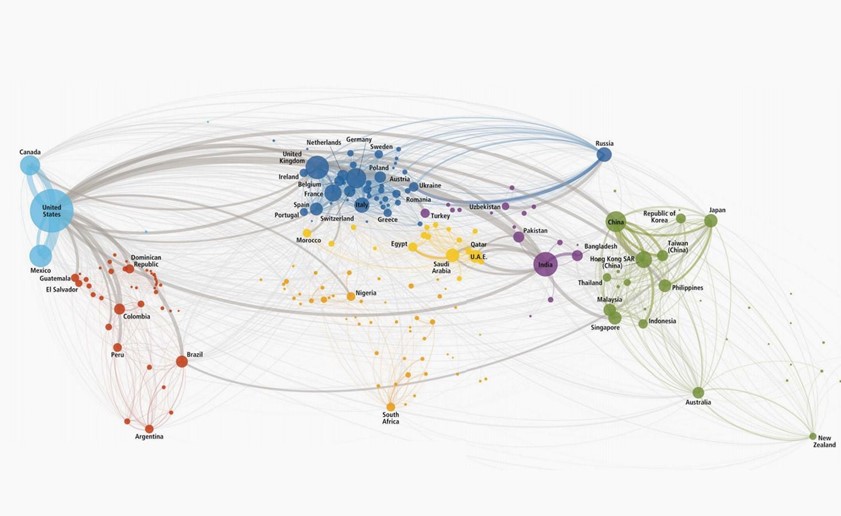Shave? Not By The Hair Of My Chinny-Chin-Chin
November 20, 2014 in Daily Bulletin

Put down the razor and join the revolution. Beards are back writes Vanessa Gera:
- The norm for being clean-shaven is largely a result of ethos learnt during World War Two where soldiers were expected to shave.
- Counter-cultural groups such as hippies and hipsters have thus always been proud of the beards they sport.
- However after the financial crisis beards became more mainstream as people looked to get a fresh start on life by reinventing themselves.
- Actors, athletes, and the fashion elite of Paris are leading the way with the facial hair they’re sprouting.
- The general public is also encouraged to put down their razors through events like “Movember” where men grow beards and moustaches to raise awareness for men’s issues.
- They are this generation’s tattoos; if enough people adopt them, then society will likely go back to its razors and wait for the next big thing.
Read more here. And see our earlier coverage on how stubble is bankrupting the shaving industry here.
Source: Yahoo

















Join the Discussion! (No Signup Required)